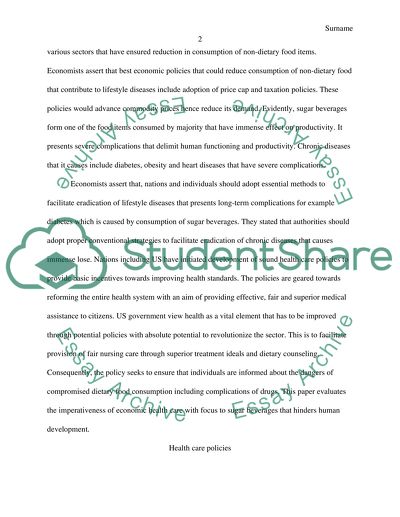Cite this document
(“Economics Effects of Taxing Sugar Beverages Research Paper”, n.d.)
Retrieved from https://studentshare.org/macro-microeconomics/1399064-economics-effects-of-taxing-sugar-beverages
Retrieved from https://studentshare.org/macro-microeconomics/1399064-economics-effects-of-taxing-sugar-beverages
(Economics Effects of Taxing Sugar Beverages Research Paper)
https://studentshare.org/macro-microeconomics/1399064-economics-effects-of-taxing-sugar-beverages.
https://studentshare.org/macro-microeconomics/1399064-economics-effects-of-taxing-sugar-beverages.
“Economics Effects of Taxing Sugar Beverages Research Paper”, n.d. https://studentshare.org/macro-microeconomics/1399064-economics-effects-of-taxing-sugar-beverages.


